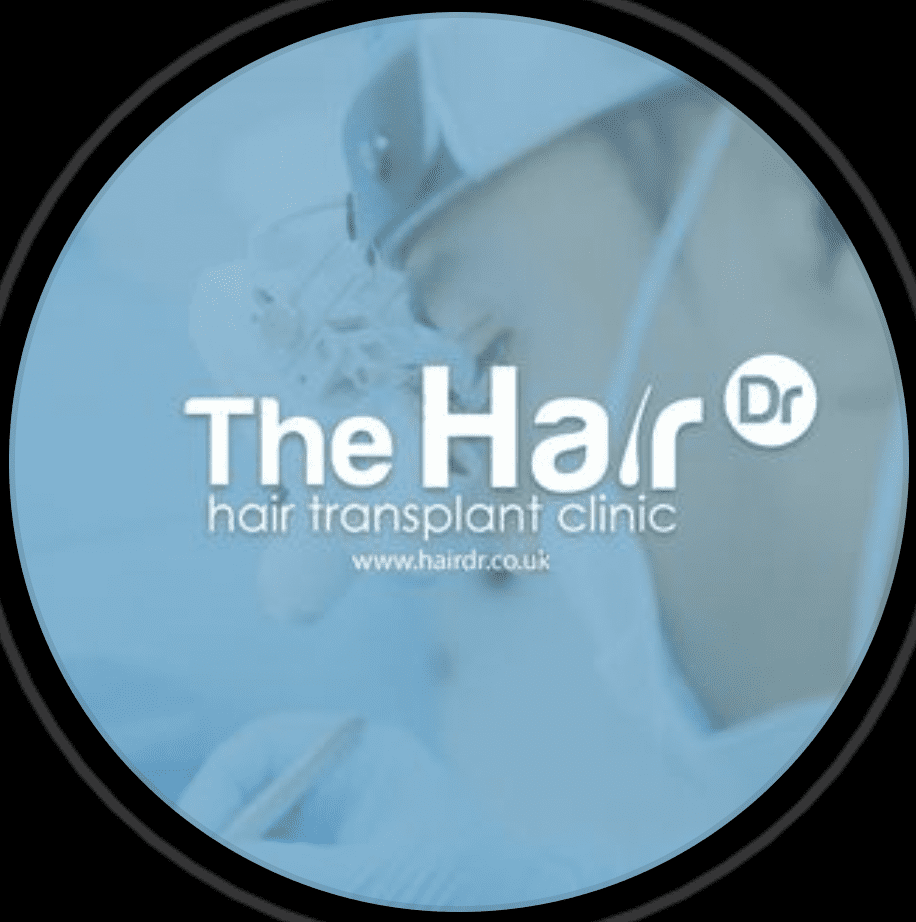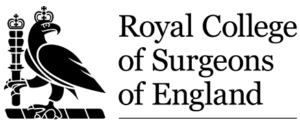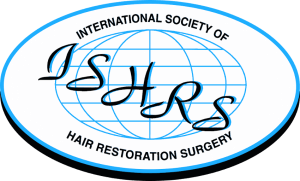Hair thinning can be a distressing experience, but hope remains for those seeking to restore their once luscious locks.
Understanding Hair Thinning:
Hair thinning, medically known as alopecia, can occur due to various factors such as genetics, hormonal imbalances, stress, nutritional deficiencies, and certain medical conditions. This condition manifests as a reduction in hair density and thickness, often leading to visible scalp exposure and a diminished aesthetic appearance.
Exploring the Hair Growth Cycle:
To comprehend the potential for hair regrowth after thinning, it’s essential to grasp the intricacies of the hair growth cycle. This cycle consists of three phases: Anagen (growth phase), Catagen (transitional phase), and Telogen (resting phase). Hair thinning disrupts this cycle, prolonging the Telogen phase and impeding new hair growth.
Factors Influencing Hair Regrowth:
1. Genetics and Hormonal Balance:
Genetic predispositions and hormonal imbalances play pivotal roles in hair thinning and regrowth. Individuals with a family history of alopecia or hormonal fluctuations may experience challenges in regenerating hair follicles.
2. Nutritional Support:
Adequate nutrition, rich in essential vitamins (e.g., Biotin, Vitamin D, and Iron) and minerals, fosters optimal hair health and encourages regrowth. Incorporating a balanced diet and, if necessary, dietary supplements can provide the necessary nourishment for revitalising hair follicles.
3. Scalp Health:
Maintaining a healthy scalp environment is crucial for promoting hair regrowth. Regular scalp massages, proper cleansing, and the use of specialised treatments can stimulate blood circulation, remove buildup, and create an optimal environment for new hair follicle development.
Effective Remedies for Hair Regrowth:
1. Minoxidil:
Minoxidil, a topical solution, is an FDA-approved treatment for androgenetic alopecia. Applied directly to the scalp, it stimulates hair follicles, prolongs the Anagen phase, and promotes hair regrowth.
2. Finasteride (Propecia):
Finasteride, an oral medication, inhibits the production of dihydrotestosterone (DHT), a hormone implicated in hair loss. By reducing DHT levels, Finasteride can prevent further hair thinning and facilitate regrowth in some individuals.
3. Platelet-Rich Plasma (PRP) Therapy:
PRP therapy involves extracting platelets from the patient’s blood and injecting them into the scalp. Rich in growth factors, PRP stimulates cellular regeneration, enhances hair follicle function, and accelerates hair regrowth.
Can Hair Grow Back After Thinning?
Yes, hair can regrow after thinning, provided the underlying causes are addressed, and appropriate interventions are implemented. While results may vary depending on individual factors, proactive measures such as lifestyle modifications, dietary adjustments, and targeted treatments can significantly improve hair density and thickness over time.
FAQs (Frequently Asked Questions):
Is hair thinning reversible?
In many cases, yes. Identifying the root cause of hair thinning and adopting effective treatment strategies can lead to significant improvements in hair density and regrowth.
How long does it take for hair to grow back after thinning?
The regrowth timeline varies from person to person and depends on factors such as the underlying cause, treatment efficacy, and individual response to interventions. On average, noticeable improvements may be observed within several months to a year of initiating treatment.
Can stress cause hair thinning?
Yes, chronic stress can disrupt the hair growth cycle, leading to increased shedding and hair thinning. Managing stress through relaxation techniques, exercise, and stress-reducing activities can help mitigate its impact on hair health.
Are there natural remedies for promoting hair regrowth?
Several natural remedies, such as scalp massages, essential oil treatments, and dietary supplements, may complement conventional treatments and support hair regrowth. However, their efficacy varies, and consulting with a healthcare professional is advisable.
Does age influence hair regrowth potential?
While age can affect hair regrowth potential to some extent, it’s not necessarily a barrier to successful treatment. With advancements in hair restoration technologies and personalised treatment approaches, individuals of all ages can achieve meaningful improvements in hair density and thickness.
Can hair regrow on a bald spot?
Under certain circumstances, yes. Targeted treatments such as PRP therapy, hair transplantation, and topical medications may facilitate hair regrowth in bald spots by stimulating dormant hair follicles and promoting new hair growth.
Conclusion:
In conclusion, the journey to hair regrowth after thinning is indeed feasible with the right knowledge, resources, and commitment. By addressing underlying factors, trying effective treatments, and nurturing hair health, individuals can rejuvenate their locks and regain confidence in their appearance. Remember, patience and persistence are key for hair restoration.
Need personalised guidance on your hair restoration journey? Reach out to our team of experts today. We’re here to provide tailored solutions, professional advice, and support every step of the way. Don’t hesitate to get in touch – let us help you achieve the vibrant and healthy hair.









